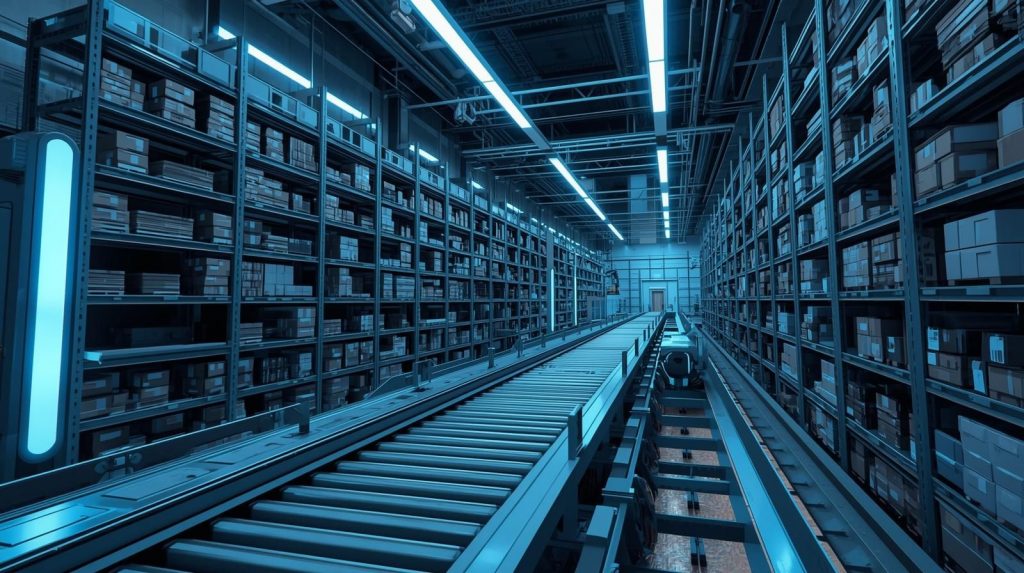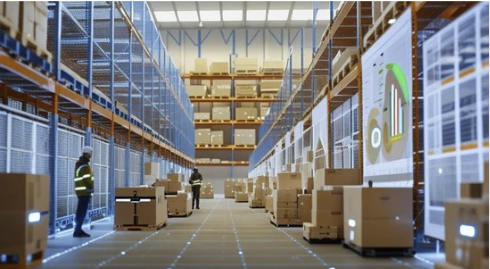
Why Businesses choose boutique 3PL providers
In today’s highly competitive and customer-centric marketplace, logistics plays a critical role in a company’s ability to deliver value. As businesses seek smarter, more agile supply chain solutions, many are turning away from large, generic third-party logistics (3PL) providers in favor of boutique 3PLs — smaller, more specialized logistics partners. These boutique firms offer personalized service, greater flexibility, and industry-specific expertise that often make them more appealing, especially for growing businesses or those with unique logistics needs.
Below are the main reasons businesses increasingly choose boutique 3PL providers over their larger counterparts:
1. Personalized Service and Relationship-Based Approach
Boutique 3PLs often pride themselves on offering a high-touch, customer-first approach that larger logistics providers struggle to replicate. With fewer clients and leaner structures, boutique providers can offer a more personalized experience, with dedicated account managers and direct access to decision-makers.
Rather than fitting clients into a standardized process, boutique 3PLs typically tailor their services to the client’s unique business model. This partnership-style relationship fosters better communication, quicker problem-solving, and a deeper understanding of the client’s logistics requirements — a vital advantage in complex or fast-moving industries.
2. Flexibility and Agility
In a constantly evolving supply chain landscape, flexibility is key. Boutique 3PL providers are known for their ability to adapt quickly to changes in demand, product lines, shipping methods, or even broader market shifts. Unlike large 3PLs with rigid systems and bureaucratic approval layers, boutique firms can adjust processes on the fly.
Whether it’s a last-minute packaging change, a seasonal inventory surge, or custom fulfillment requirements, boutique 3PLs can often implement changes faster and with less red tape. For startups, DTC (direct-to-consumer) brands, or companies launching new products, this agility can mean the difference between success and missed opportunity.
3. Industry-Specific Expertise
Boutique 3PLs often specialize in a particular industry or niche, such as cosmetics, electronics, fashion, or perishable goods. This deep focus allows them to understand the nuances of regulatory compliance, handling requirements, customer expectations, and shipping constraints within that industry.
For example, a boutique 3PL that serves skincare brands might already have processes for temperature-controlled storage, lot tracking, and compliance with labeling requirements. This level of insight can lead to more efficient operations and fewer costly mistakes — advantages that a generalist provider may not offer.
4. Customization Over Standardization
Larger 3PLs often operate with standardized services designed to accommodate a wide range of clients, which can limit customization. Boutique providers, on the other hand, are more likely to offer bespoke solutions tailored to a client’s specific needs.
From branded packaging and custom kitting to integration with unique tech stacks or accommodating non-traditional fulfillment models (like subscription boxes or influencer drops), boutique 3PLs can build services around your business, not the other way around. This is particularly valuable for brands looking to deliver a distinct customer experience or maintain control over brand identity.
5. Closer Alignment with Company Culture and Values
More businesses today are looking for vendors that align with their values — whether those involve sustainability, diversity, transparency, or community involvement. Boutique 3PLs are often more mission-driven and culturally aligned with their clients, which strengthens the partnership and supports brand consistency.
For example, a sustainable fashion brand might prefer working with a boutique logistics provider that uses eco-friendly packaging and carbon-neutral shipping options. Shared values can enhance brand credibility and customer trust.
6. Direct Access to Leadership and Faster Decision-Making
When you work with a large 3PL, getting a decision approved or a problem resolved can take days or weeks as requests pass through layers of management. In contrast, boutique 3PLs often provide direct access to senior leadership, enabling quicker decisions, faster escalations, and a more nimble response to urgent needs.
This access to key stakeholders fosters transparency and accountability. You’re not just another account number — you’re a valued partner with a seat at the table.
7. Strong Focus on Quality and Attention to Detail
Boutique 3PL providers often prioritize quality over volume. Because they work with a smaller number of clients, they can afford to pay closer attention to details that can significantly impact the customer experience, such as packaging accuracy, returns handling, and delivery timelines.
Mistakes in logistics can be costly, both in dollars and customer satisfaction. Boutique providers, by maintaining a tighter operational scope, can offer higher levels of precision, fewer fulfillment errors, and a more seamless end-to-end experience.
8. Better Fit for Startups and Emerging Brands
Startups and small businesses often find boutique 3PLs to be a better fit than larger providers who may require minimum order volumes or long-term contracts. Boutique firms tend to offer more flexible pricing models and onboarding processes, which are ideal for businesses that are still scaling or experimenting with new markets.
In addition, many boutique 3PLs are more willing to take a chance on a smaller or newer brand, offering the kind of support and partnership that helps entrepreneurs grow and succeed.
9. Emphasis on Innovation and Niche Technologies
While large 3PLs may rely on legacy systems that are difficult to customize, boutique 3PLs often embrace newer, more innovative technologies. They’re more likely to use modern warehouse management systems (WMS), offer real-time order tracking, and support integrations with Shopify, WooCommerce, Amazon, Walmart, and other platforms.
This tech-forward mindset enables greater visibility, faster data exchange, and more efficient operations, especially for e-commerce and omnichannel businesses that require constant synchronization between systems.
10. Proximity and Localized Operations
In many cases, boutique 3PLs operate regionally or locally, which can be advantageous for businesses seeking faster delivery times, lower shipping costs, or a strategic warehouse location. For example, a boutique 3PL provider in Toronto might be the perfect partner for an Ontario-focused brand trying to optimize last-mile delivery and reduce transit times.
Localized knowledge and relationships with regional carriers can further enhance shipping reliability and reduce costs.
Final Thoughts
Choosing a 3PL partner is about more than warehouse space and shipping rates — it’s about finding someone who understands your brand, can grow with you, and shares your vision for customer experience. Boutique 3PLs bring a level of care, customization, and partnership that larger providers often can’t match.
While they may not always offer the same scale or global reach as industry giants, boutique providers more than make up for it with agility, responsiveness, and a client-centric approach. For many businesses — especially those prioritizing brand experience, innovation, and long-term partnership — the boutique 3PL model offers an ideal logistics solution.
In a world where logistics is often a brand differentiator, the right boutique partner can become a strategic extension of your team, helping you deliver not just products, but memorable experiences.






